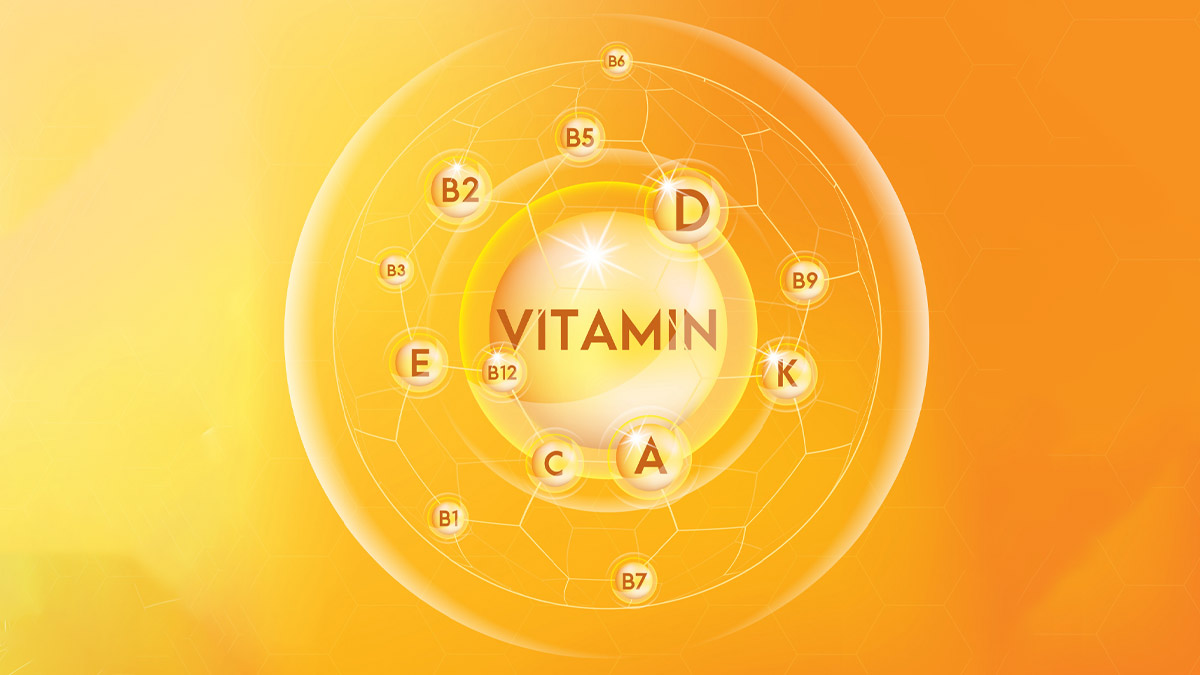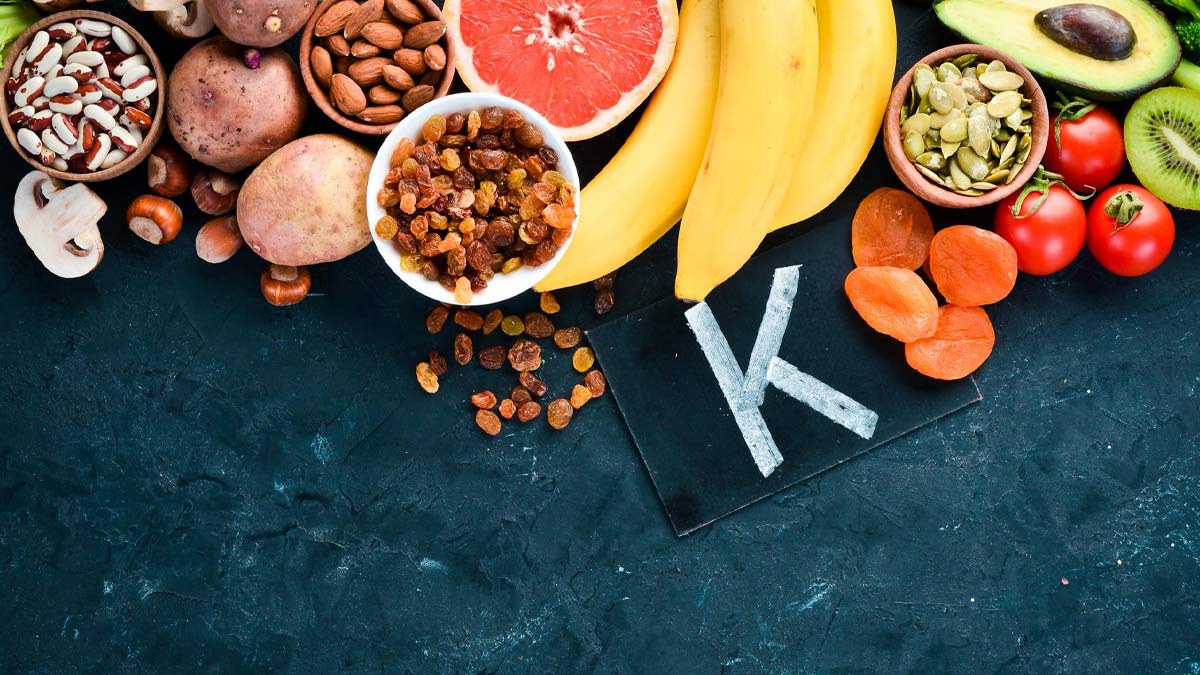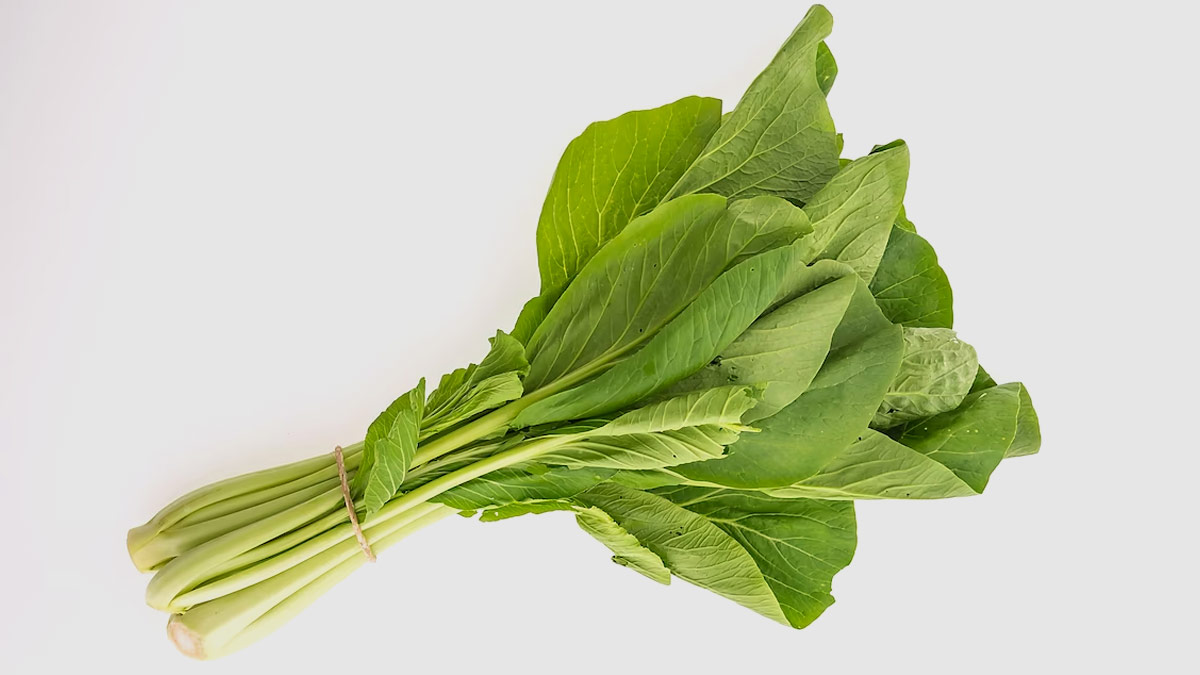
Among all minerals available to us, potassium is a vital mineral and electrolyte that plays numerous essential roles in the body, including regulating fluid balance, maintaining proper muscle function, supporting nerve health, and controlling blood pressure. Getting enough potassium in your diet is crucial for overall health and well-being. Here's why potassium is important and which foods you should incorporate to ensure an adequate intake:
Table of Content:-
Importance of Potassium
Fluid Balance
Potassium helps regulate fluid balance by facilitating the movement of water in and out of cells. This is essential for maintaining proper hydration levels, electrolyte balance, and overall cellular function.

Also read: Dealing With Hypertension? Here’s How Potassium Infused Salt Can Help You
Muscle Function
Potassium is involved in muscle contraction and relaxation. It helps muscles contract smoothly and prevents muscle cramps and spasms.
Nerve Health
Potassium plays a role in transmitting nerve impulses throughout the body, including signals that control muscle movement, heartbeat, and brain function.
Blood Pressure Regulation
Potassium helps counteract the effects of sodium in the body, promoting vasodilation (relaxation of blood vessels) and lowering blood pressure. A diet rich in potassium is associated with a reduced risk of hypertension and cardiovascular disease.
Foods High in Potassium
Bananas
Perhaps the most well-known source of potassium, bananas are convenient and portable. One medium-sized banana contains around 400-450 mg of potassium.
Sweet Potatoes
Sweet potatoes are not only delicious but also rich in potassium. One medium-sized sweet potato provides approximately 500-600 mg of potassium.
Spinach
Leafy greens like spinach are excellent sources of potassium. One cup of cooked spinach contains roughly 800 mg of potassium.

Avocado
Avocado is a nutrient-dense fruit that's high in potassium. One medium-sized avocado contains about 700-800 mg of potassium.
Beans and Lentils
Beans and lentils are good plant-based sources of potassium. Half a cup of cooked beans or lentils typically provides around 300-400 mg of potassium.
Yogurt
Yogurt, especially plain Greek yoghourt, is a dairy product rich in potassium. One cup of plain yoghourt contains approximately 400-500 mg of potassium.
Salmon
Fatty fish like salmon are not only high in omega-3 fatty acids but also contain potassium. A 3-ounce serving of cooked salmon provides around 300-400 mg of potassium.
Tomatoes
Tomatoes are a versatile ingredient rich in potassium. One medium-sized tomato contains roughly 300-400 mg of potassium.
Oranges
Citrus fruits like oranges are refreshing and packed with potassium. One medium-sized orange contains approximately 200-250 mg of potassium.
Potatoes
White potatoes, especially when consumed with the skin, are a good source of potassium. One medium-sized baked potato provides around 900 mg of potassium.
Maintaining a sufficient potassium intake is critical for overall health and preventing a variety of health problems, such as muscle weakness, fatigue, high blood pressure, and cardiovascular disease. Regularly including potassium-rich foods into your diet can help maintain normal body processes and enhance overall well-being. Remember to eat a well-balanced diet rich in nutrient-dense foods to meet your potassium requirements and increase your overall nutritional intake.
Also watch this video
How we keep this article up to date:
We work with experts and keep a close eye on the latest in health and wellness. Whenever there is a new research or helpful information, we update our articles with accurate and useful advice.
Current Version